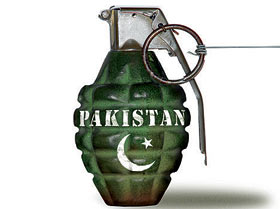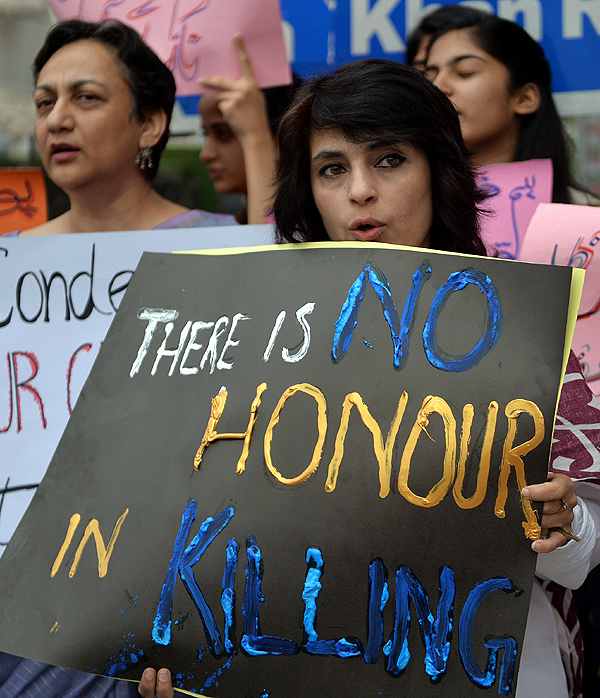Pakistan heading towards an inevitable apocalyptic future (Part 2)
Sunday, October 23rd, 2011 2:27:47 by Muhammad Qasim Hassan
(Part 2)
The nations of both the countries were mostly kept in the dark as far as the activities of the two agencies were concerned, though their motives were widely recognised as defending the interests of their parent country.
Following the catastrophic World Trade Centre incident on September 9th 2011, the world’s perspective about the Muslims changed due to the alleged role of the Muslim terrorist group, Al-Qaeda, in the engineering and execution of the terrorist act. The hunt for the Head of Al-Qaeda and a prime suspect in the 9/11 attack, Osman Bin Laden, began. The trail eventually led to Afghanistan, where Bin Laden had reportedly established his base of operations since immigrating to the country from Sudan in 1996.
America declared a war against Al-Qaeda and any faction which supported them, bringing Taliban, an Islamist militia group trained by Pakistan’s ISI in 1980s under General Zia-ul-Haq’s regime, into the conflict. Taliban did not explicitly support the terror activities of Al-Qaeda, but their offensive stance against America’s operation in Afghanistan to sweep it clean of Al-Qaeda resulted in a war whose fate is yet to be decided. America was, however, able to remove Taliban from the government and pushed them into either hiding, or fleeing to Pakistan to regroup as an insurgency movement, though the authenticity of this information is debatable. Even though the media all over the world claims these insurgents to be Taliban, a small faction rejects the claim, identifying these insurgents as mercenaries.
The insurgency movement has dragged Pakistan in what was originally referred to as America’s War on Terror.
Regardless of Pakistan’s efforts to combat terrorism, a huge trust-deficit still exists between it and the rest of the world. Pakistan is blamed for providing asylum to some of the most-wanted terrorist leaders of both Al-Qaeda and Taliban.
After the 2008 Mumbai attacks in India, fingers were pointed on Islamabad and ISI. The communication between the attackers was intercepted by the intelligence agency of India and it was noted that they were talking in Punjabi. Quite conveniently, India forgot that Punjabi is spoken on its soil as well and tagged the attackers as Pakistanis using language spoken by the terrorists as evidence. The tension between India and Pakistan reached its peak after the Pakistani government rubbished the claims that the attacks were planned on its soil or that any of the attackers were Pakistani nationals. After Pakistan refused to give India an access to numerous sites in Pakistan and showed no intention of conducting an operation against the groups and individuals accused by India, the disgruntled neighbour decided to take matters into its own hands and readied itself for striking a few sites in Pakistan regardless of the legal and international consequences.
– To be Continued in Part 3 –
Disclaimer:
There are many articles on NewsPakistan.com, written by a variety of authors. The opinions expressed in these articles are the views of the author of the articles and not necessarily the views of NewsPakistan. The copyright remains with the authors.
Short URL: https://www.newspakistan.pk/?p=1271

















